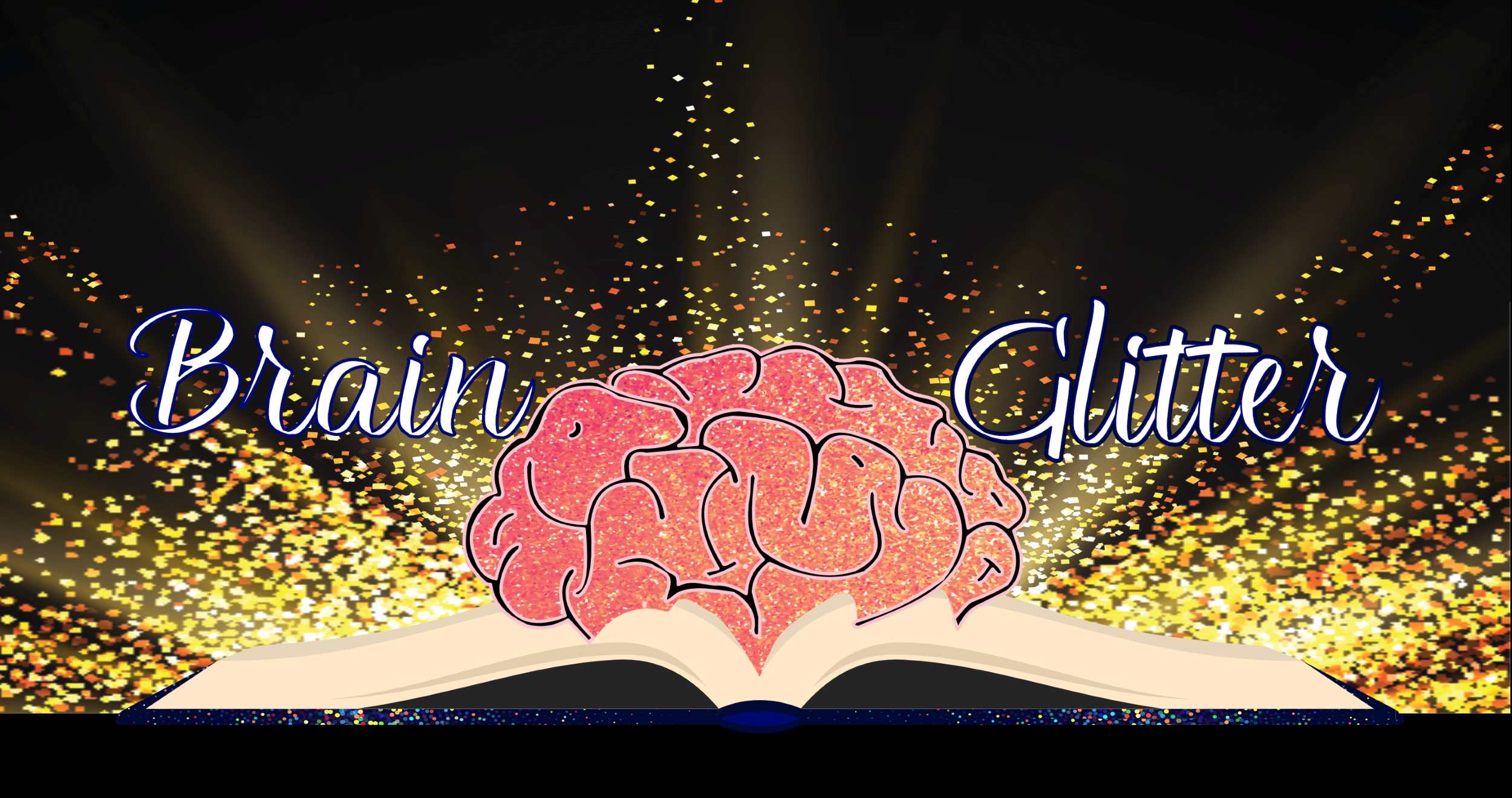White Fragility by Robin Di’Angelo

(Format used for this read: Audiobook)
This book has been on my “to read” list for awhile now….I just finished it yesterday.
I’ve heard many interviews and lectures by Robin DiAngelo and she always is super informative and also VERY convicting.
I honestly wish I would not have waited this long to read it…
and I agree with my friend who told me that every white person who wants to be involved in racial justice work needs to read this BEFORE any work is even ATTEMPTED.
Lesson learned the hard way for me! (which seems to be the way I learn EVERYTHING 
Here is a summary of the book:
“In this “vital, necessary, and beautiful book” (Michael Eric Dyson), antiracist educator Robin DiAngelo deftly illuminates the phenomenon of white fragility and “allows us to understand racism as a practice not restricted to ‘bad people’ (Claudia Rankine). Referring to the defensive moves that white people make when challenged racially, white fragility is characterized by emotions such as anger, fear, and guilt, and by behaviors including argumentation and silence. These behaviors, in turn, function to reinstate white racial equilibrium and prevent any meaningful cross-racial dialogue. In this in-depth exploration, DiAngelo examines how white fragility develops, how it protects racial inequality, and what we can do to engage more constructively.”
Every single chapter educated me…but the one that resonated TO MY CORE was Chapter 5 entitled “The Good/Bad Binary.”
Here is her explanation of this concept:
“The Good/Bad Binary:
The most effective adaptation of racism over time is the idea that racism is conscious bias held by mean people. If we are not aware of having negative thoughts about people of color, don’t tell racist jokes, are nice people, and even have friends of color, then we cannot be racist.
Thus, a person is either racist or not racist; if a person is racist, that person is bad; if a person is not racist, that person is good.
Although racism does of course occur in individual acts, these acts are part of a larger system that we all participate in. The focus on individual incidences prevents the analysis that is necessary in order to challenge this larger system.
The good/bad binary is the fundamental misunderstanding driving white defensiveness about being connected to racism. We simply do not understand how socialization and implicit bias work”
This I think is the hardest thing for white people to grasp in understanding how race in this country works. We are extremely focused on individualism and on personal actions and very often fail to see things collectively.
Definitely has been hard for me to dismantle this way of thinking in my own head and heart.
I could go on and on about the things discussed in this book, how much I learned and will continue to learn from it and how convicted I was by it in evaluating my own deep rooted biases and misinformation.
(Even though I listened to the audio version I ordered the paperback version to have on my shelf to read thru and reference again and again)
I honestly think it should be required reading for all white people, especially in this country.
Is it a comfortable, easy read?
NO WAY AT ALL.
You will probably feel anger, defensiveness, frustration, guilt and shame to name a few things.
But change and growth and progress never come from comfort.
It’s necessary and vital to sit in discomfort to educate, challenge and change your world view and see things from a whole different perspective.
Highly highly recommend this book.
